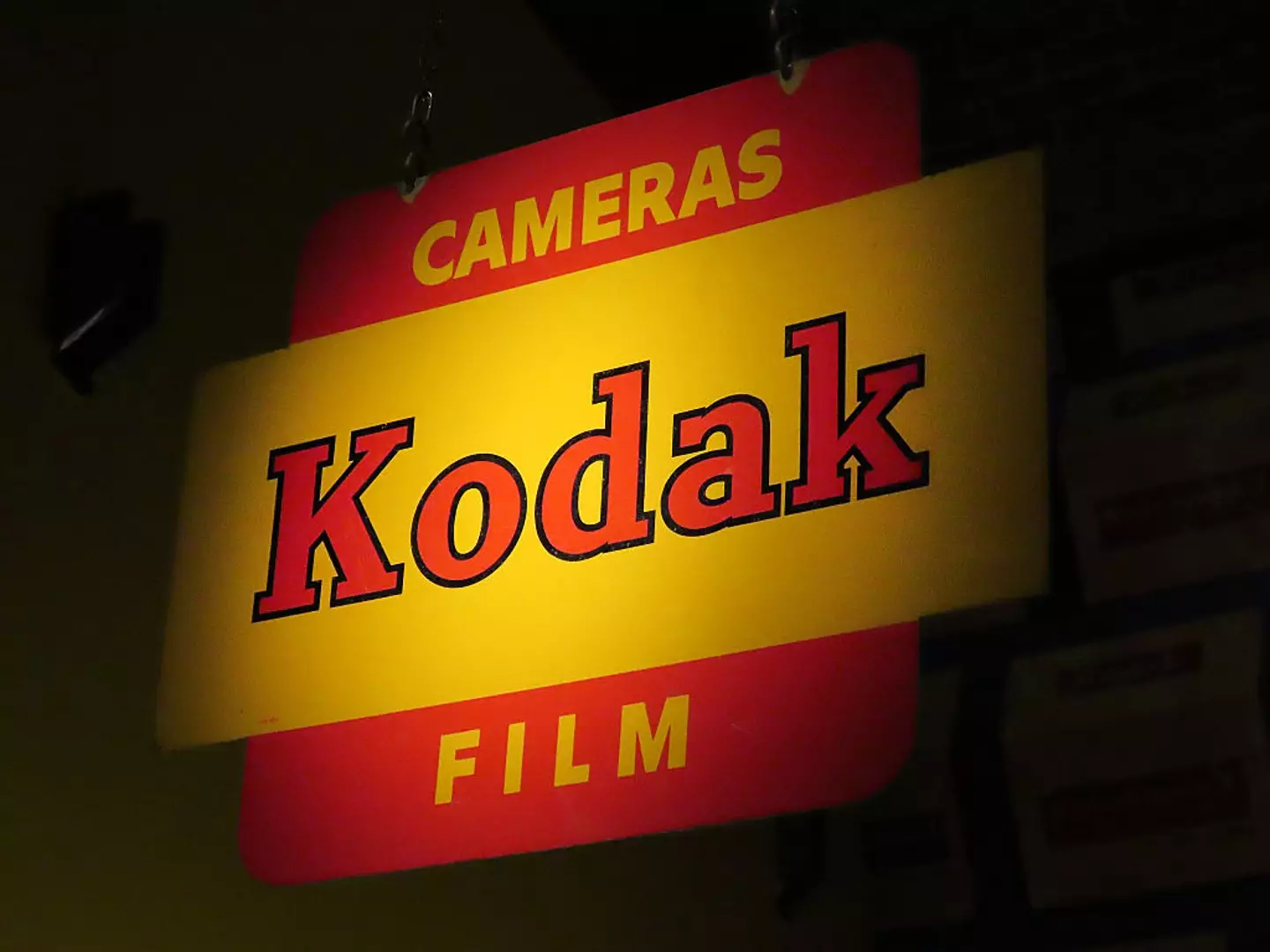
Kodak have spoken out after a fatal mistake could define their future as a company.
Kodak cameras defined our childhood memories for many of us. The iconic disposable cameras captured first Christmases, school trips and countless family moments that filled photo album after photo album.
After George Eastman founded the company in 1880, the global tech giant dominated photography for most of the 20th century.
Eight years later, they released their first camera and went on to become a household name worldwide.
Advert
Now times have changed, and smartphones have since revolutionised photo-taking by making it instant and effortless.
The result is that our devices are now filled with hundreds, if not thousands, of photos that we've stockpiled over the years.

However, Kodak never truly disappeared, despite its name rarely surfacing anymore.
What happened to Kodak?
In 1975, engineer Steve Sasson approached Kodak with a revolutionary digital camera design. However, company executives reportedly told him to bury the idea, fearing that filmless cameras would hurt their film business profits.
This decision proved catastrophic. While Kodak stubbornly stuck with film cameras, competitors like Canon, Nikon, and Fujifilm embraced digital technology and reaped huge rewards.
According to Forbes, Canon generated almost $2 billion in profits last year, while Fujifilm made $1.7 billion in 2024. Kodak filed for bankruptcy over a decade ago, but it has continued to operate as a business in the meantime.
Now, in a devastating update released Monday (11 August), the company warned it might finally have to close permanently.

Is this the end of Kodak?
After more than 130 years in operation, the Rochester, New York-based brand revealed it's struggling to repay over $470 million in debt.
The company's earnings report stated it lacks 'committed financing or available liquidity' to meet roughly $500 million in upcoming debt obligations, CNN reported. “These conditions raise substantial doubt about the company’s ability to continue as a going concern,” Kodak said in its filing.
To generate necessary cash, Kodak plans to stop payments for its retirement pension plan.
The report stated: "Kodak’s plans to adequately fund its preferred stock and debt obligations when they become due are to use the proceeds from the expected reversion of cash to the Company upon settlement of obligations under the Kodak Retirement Income Plan to reduce the amount of term debt and to amend, extend or refinance its remaining debt and preferred stock obligations."
Despite the grim outlook, a Kodak spokesperson told CNN the company remains 'confident it will be able to pay off a significant portion of its term loan well before it becomes due, and amend, extend or refinance our remaining debt and/or preferred stock obligations.'